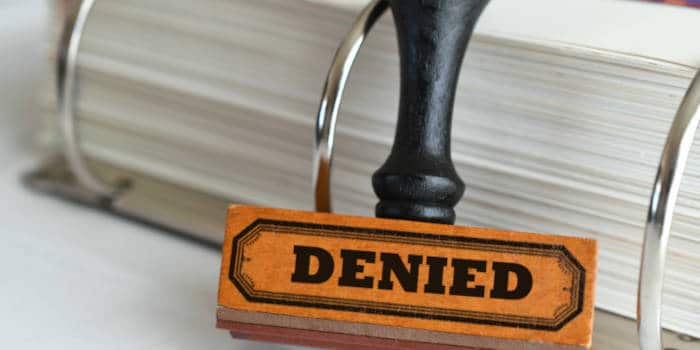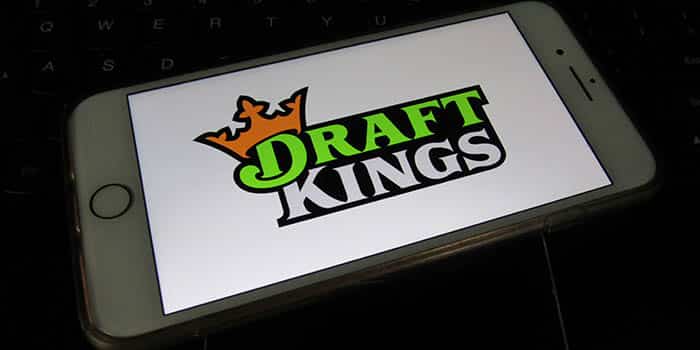- Casino
- By State
- Alabama
- Alaska
- Arizona
- Arkansas
- California
- Colorado
- Connecticut
- Delaware
- Georgia
- Florida
- Hawaii
- Idaho
- Illinois
- Indiana
- Iowa
- Kansas
- Kentucky
- Louisiana
- Maine
- Massachusetts
- Maryland
- Michigan
- Minnesota
- Mississippi
- Missouri
- Montana
- Nebraska
- Nevada
- New Hampshire
- New Jersey
- New Mexico
- New York
- North Carolina
- North Dakota
- Ohio
- Oklahoma
- Oregon
- Pennsylvania
- Rhode Island
- South Carolina
- South Dakota
- Tennessee
- Texas
- Utah
- Vermont
- Virginia
- Washington
- West Virginia
- Wisconsin
- Wyoming
- By State
- Slots
- Poker
- Sports
- Esports
Maine Moves Sports Betting Legalization Talks to January 2022

Almost three weeks after Maine House voted to enact legal sports betting bill, the Senate postponed the talks, leaving LD 1352 hanging for the 130th legislative session, opening on January 5, 2022.
Maine Postpones Talks on Sports Betting Legalization
Twenty days after the Maine House voted to enact the legal sports wagering bill LD 1352, the Senate announced the summer break, scheduling the bill for the 130th legislative session on January 5, 2022. This is the second time in the past two years that the bill has made a step forward during an initial session, but it will now have to wait six months. If the bill gets approved next year, Maine will be the fourth New England state to legalize sports wagering.
Maine’s legislature approved a sports wagering bill in 2019, which would have opened up one of the most prominent competitive marketplaces in the US. Rhode Island, New Hampshire and Connecticut already legalized sports betting and offer live sports wagering.
Massachusetts lawmakers will gather tomorrow to debate the legalization of their sports betting bill in the House Ways and Means Committee. The Massachusetts legislature already has a redrafted House bill, proposing licenses in three categories. House Bill 3974 could move quickly and the state could legalize sports wagering before the summer break.
Maine’s Legislation Rules
Now the bill will wait six months on the Appropriations Table in Maine, which is what all financial bills have to pass. In Maine, a bill must pass as engrossed by both chambers and then pass as enacted by both chambers again before it gets signed off by the governor.
Gov. Janet Mills had time from July 2019 to January 2020 to sign it, and this time it needs the Senate’s approval to get to her desk again. However, if the Senate approves it, it is not clear if she will sign it off. According to rumors, the bill would not pass, or if it does, Mills will veto it, following the same route she has previously shown.
Luchini Tried to Kill His Own Bill Because of Tethering
Operators may not be happy with this postponement. In its first drafts, LD 1352 started as a bill that would allow mobile wagering with no requirement for digital platforms to be tied to casinos or other gaming facilities. This measure would have allowed licensed operators to enter the state’s market without having a physical venue. However, during the vote to engross the bill, it was decided that it would require mobile wagering to be tied up with a physical facility.
Luchini, who is against that measure, tried to kill his bill, but the other legislators passed it and with minor adjustments, the House passed it too.
Eva is a PR specialist and communications expert with ten years of experience in campaign organizing and creative writing. She is also a published author of fictional stories. Eva recently developed an interest in economics and the gaming industry after discovering the inspirational story of Molly Bloom.
Must Read
More Articles





Sports
July 15, 2025
Undercover Spotters Catch Wimbledon Betting Spies

Industry
July 15, 2025
UK Considers Gambling Tax Hike to Fill Budget Gap

Poker
July 15, 2025
Leo Margets, Ready for Historic WSOP Final Table

Casino
July 15, 2025
Uno Is Coming for Casinos in the United States











